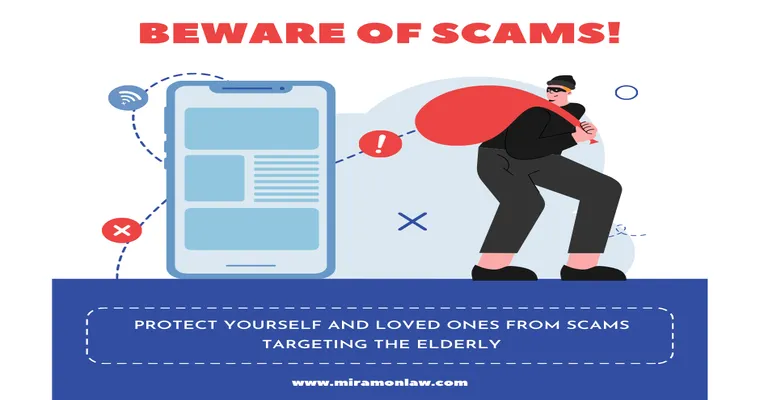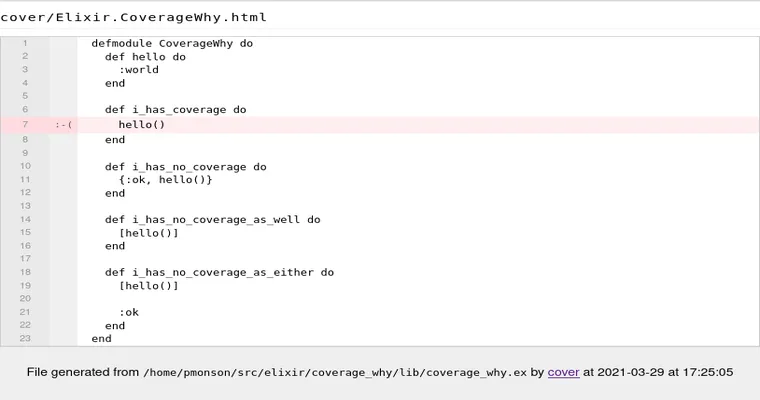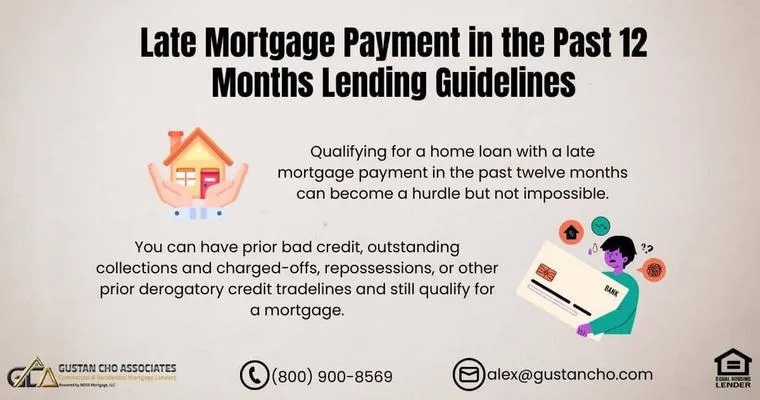As the population ages, "scams targeting seniors" have become increasingly sophisticated, with "fake Medicare calls" topping the list of fraudulent activities. These scams not only exploit the vulnerabilities of older adults but also pose significant risks to their financial security and personal information. Understanding how these scams work and recognizing various types can empower seniors to protect themselves effectively.
Understanding Fake Medicare Calls
"Fake Medicare calls" typically involve scammers posing as representatives from Medicare or other health organizations. They may claim to offer benefits, request personal information, or ask for payment to receive new Medicare cards. These calls can be particularly convincing, as fraudsters often use fake caller IDs that appear legitimate.
To protect themselves, seniors should remember the following tips:
1. "Do Not Share Personal Information": Legitimate Medicare representatives will never ask for personal information over the phone. Seniors should refrain from providing their Social Security number, bank details, or Medicare number to unsolicited callers.
2. "Hang Up and Verify": If a call seems suspicious, seniors should hang up and contact Medicare directly using the official number found on the Medicare website. This can help verify whether the call was legitimate.
3. "Report Scams": Reporting suspicious calls to the Federal Trade Commission (FTC) or local authorities can help combat these scams and protect others from falling victim.
Other Common Scams Targeting Seniors
While fake Medicare calls are prevalent, they are just one of many "scams targeting seniors". Here are some other common types that older adults should be aware of:
1. "Investment Scams": Scammers often promote high-return investment opportunities, promising safe and secure profits. Seniors should be cautious and conduct thorough research before investing.
2. "Prize and Sweepstakes Scams": Victims receive calls or emails claiming they have won a prize but must pay fees or taxes upfront to claim it. Legitimate contests do not require payment.
3. "Tech Support Scams": Seniors may receive calls from individuals claiming to be tech support from reputable companies, asking for remote access to fix a non-existent problem. It is crucial to hang up and not engage with these callers.
4. "Romance Scams": Online dating has become a popular avenue for seniors, but it also opens the door for romance scams. Fraudsters often build emotional connections and eventually request money for various reasons.
5. "Utility Scams": Scammers may pose as utility company representatives, threatening to shut off services unless an immediate payment is made. Seniors should verify claims by contacting the utility company directly.
Staying Safe from Scams
To minimize the risk of falling victim to scams, seniors can adopt several strategies:
"Educate Themselves": Understanding common scams and how they operate is the first step in prevention. Seniors should stay informed through reliable sources such as the FTC or AARP.
"Use Call Blocking Technology": Many phones offer call-blocking features. Seniors can also register their numbers on the National Do Not Call Registry to reduce unwanted calls.
"Talk to Family and Friends": Open communication with loved ones about potential scams can create a support network. Family members can help seniors navigate suspicious calls or emails.
Conclusion
Awareness is the most potent tool against "fake Medicare calls" and other scams targeting seniors. By staying informed, being cautious, and seeking help when needed, older adults can significantly reduce their risk of falling victim to these fraudulent schemes. Remember, if something sounds too good to be true, it probably is. Protecting personal information and verifying suspicious communications are essential steps in safeguarding financial security and peace of mind.





